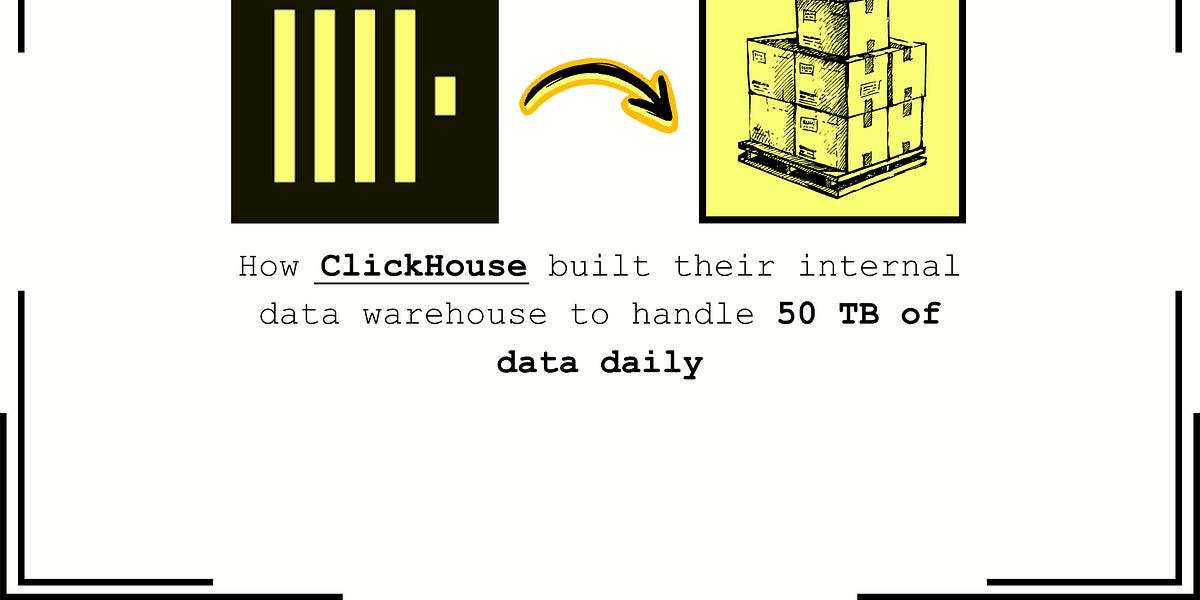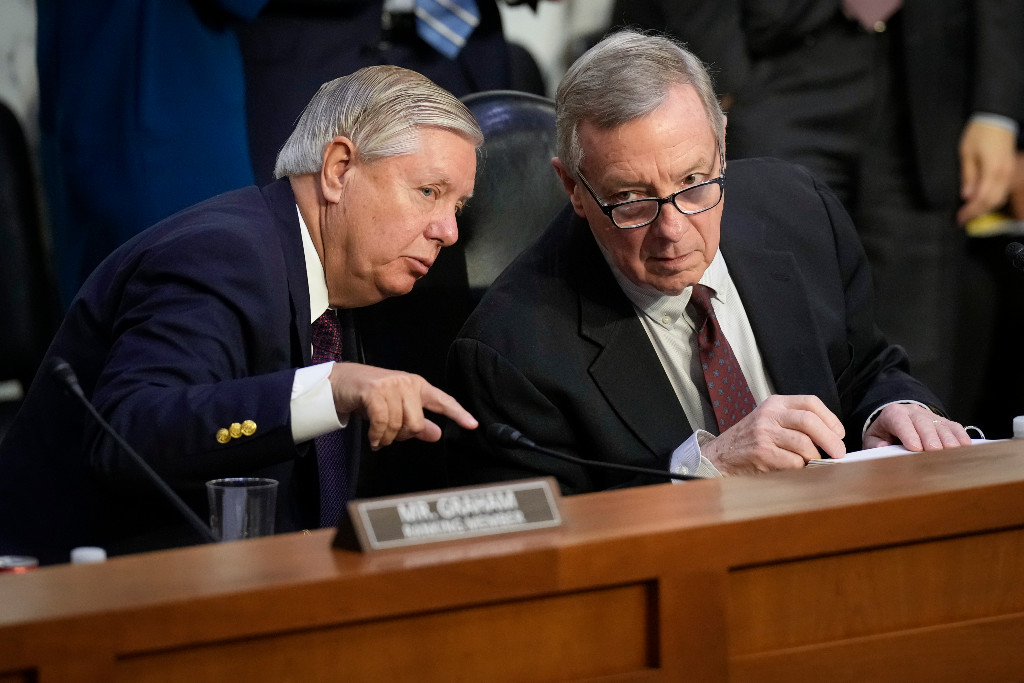
Absolute Presidential Immunity and the Evasion of Checks and Balances: My Testimony Before the Senate Judiciary Committee
The Supreme Court’s immunity decision in Trump v. United States has rightly received strong criticism from legal analysts, including me (here, and here, for example). This morning, I am testifying before the Senate Judiciary Committee at a hearing titled, “‘When the President Does It, that Means It’s Not Illegal’: The Supreme Court’s Unprecedented Immunity Decision.” Based on my nearly 25 years in the Executive Branch, most of it at the Department of Justice under both Republican and Democratic administrations, I am focusing on the consequences of the decision on government functions and separation of powers.
As I explain in my testimony, my concern is that the majority’s opinion in Trump v. United States capaciously defines core constitutional powers—for which the President is absolutely immune—to extend far beyond the pardon power, the veto power, and the power to recognize foreign governments. Concluding that the investigation and prosecution of crimes is a “quintessentially executive function,” the majority holds that the former President is absolutely immune for “alleged conduct involving his discussions with Justice Department officials.” That means the President’s authority in this domain vis-à-vis the executive branch is “conclusive and preclusive”: Congress cannot act upon it, and the courts cannot review it.
The potential abuses of official power that are made possible by the Court’s ruling, and the neutering of Congress’s ability to act, are alarming.
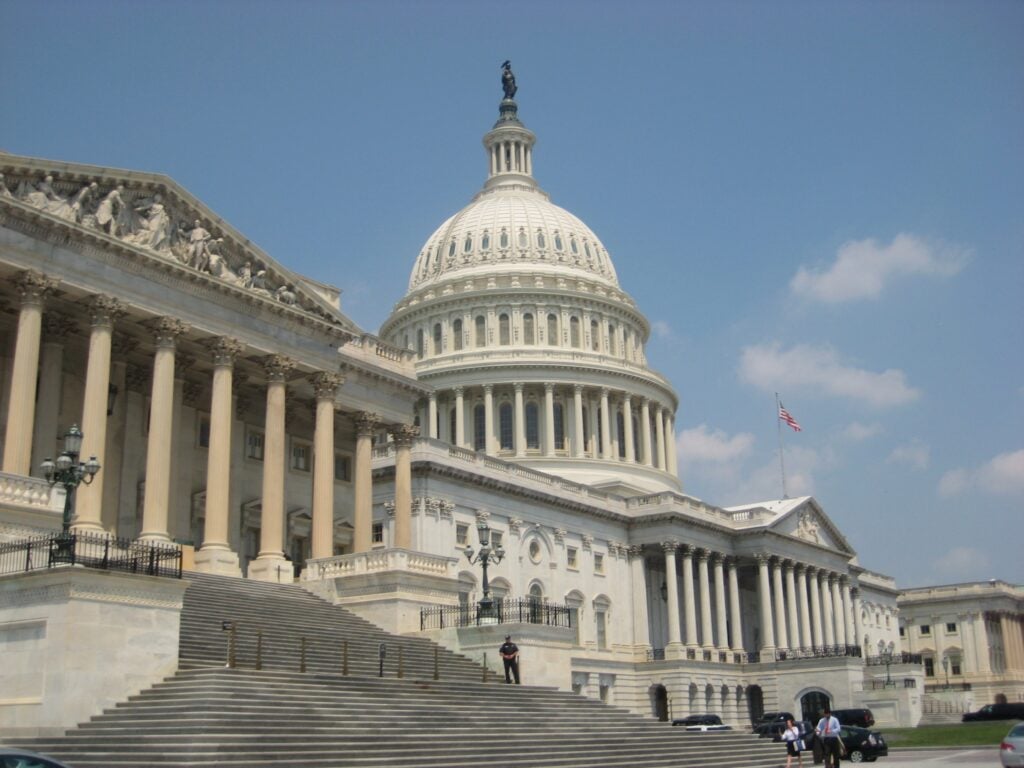
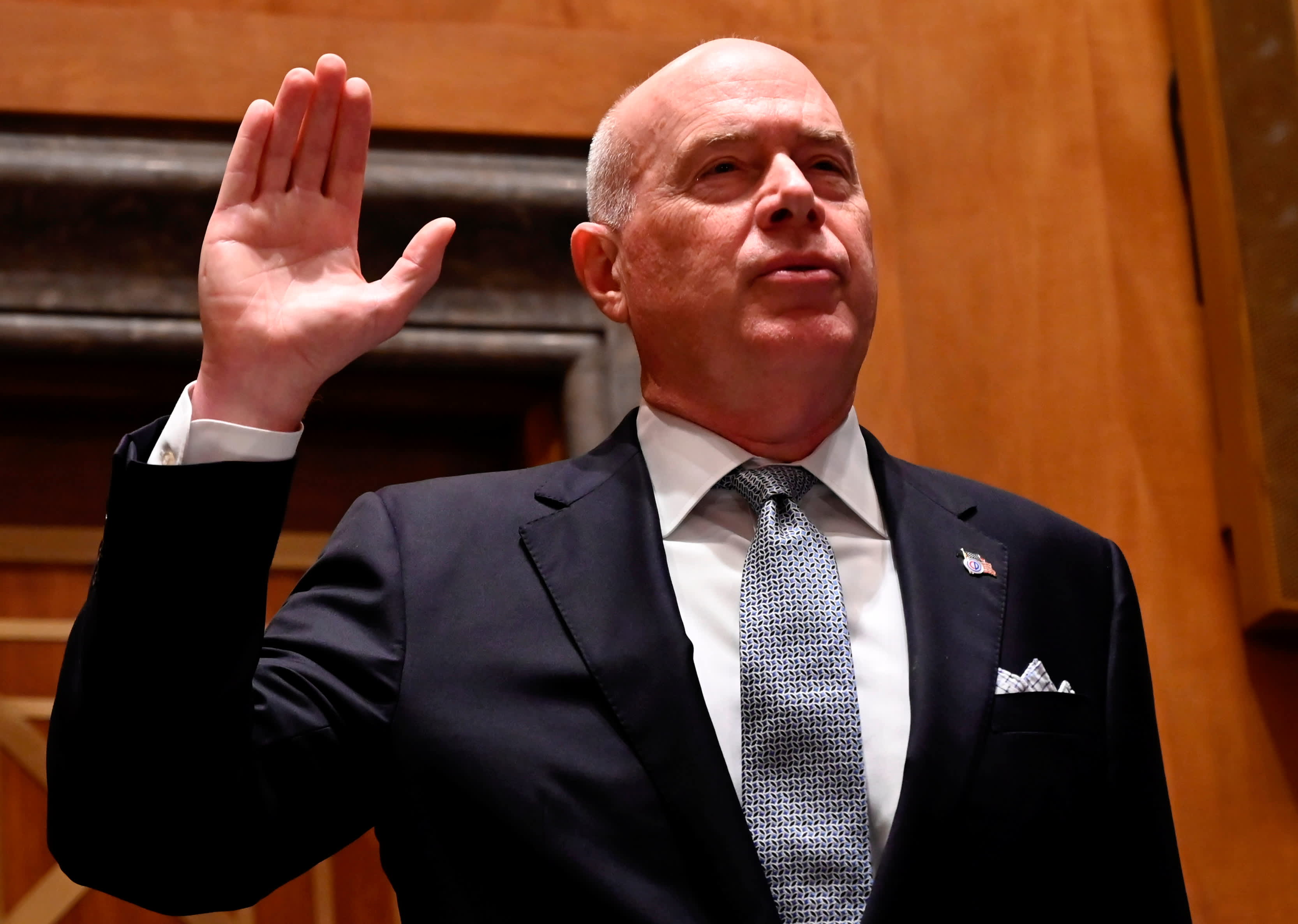



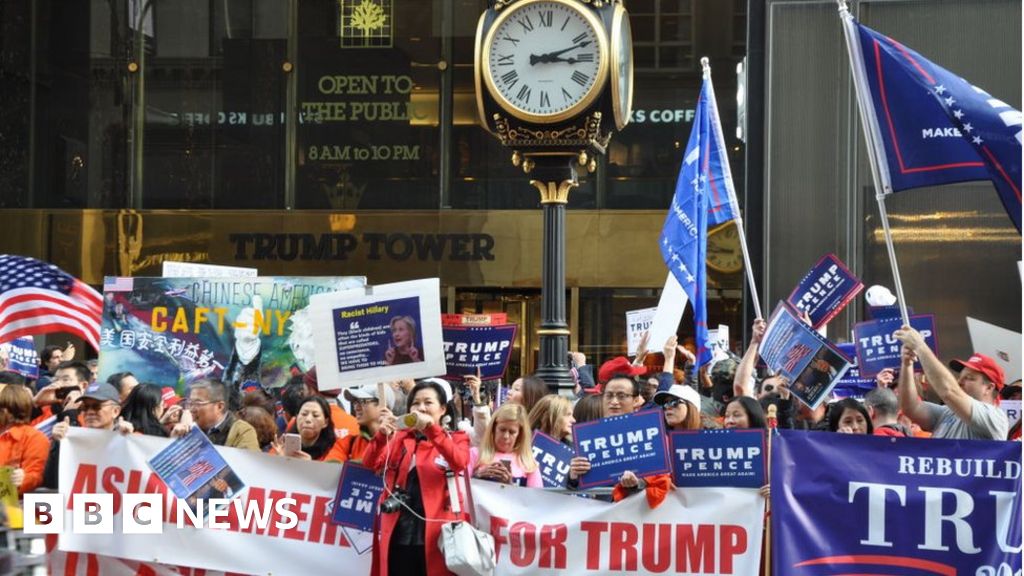
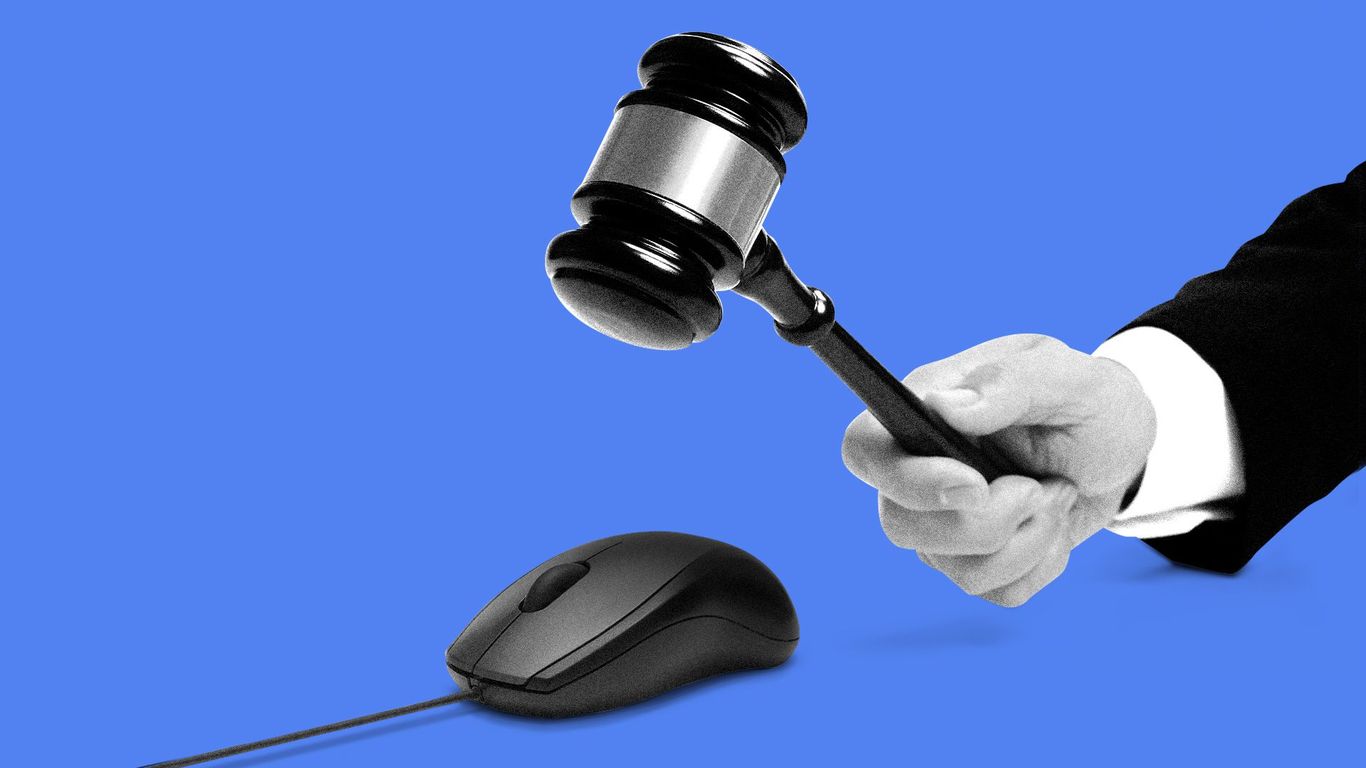


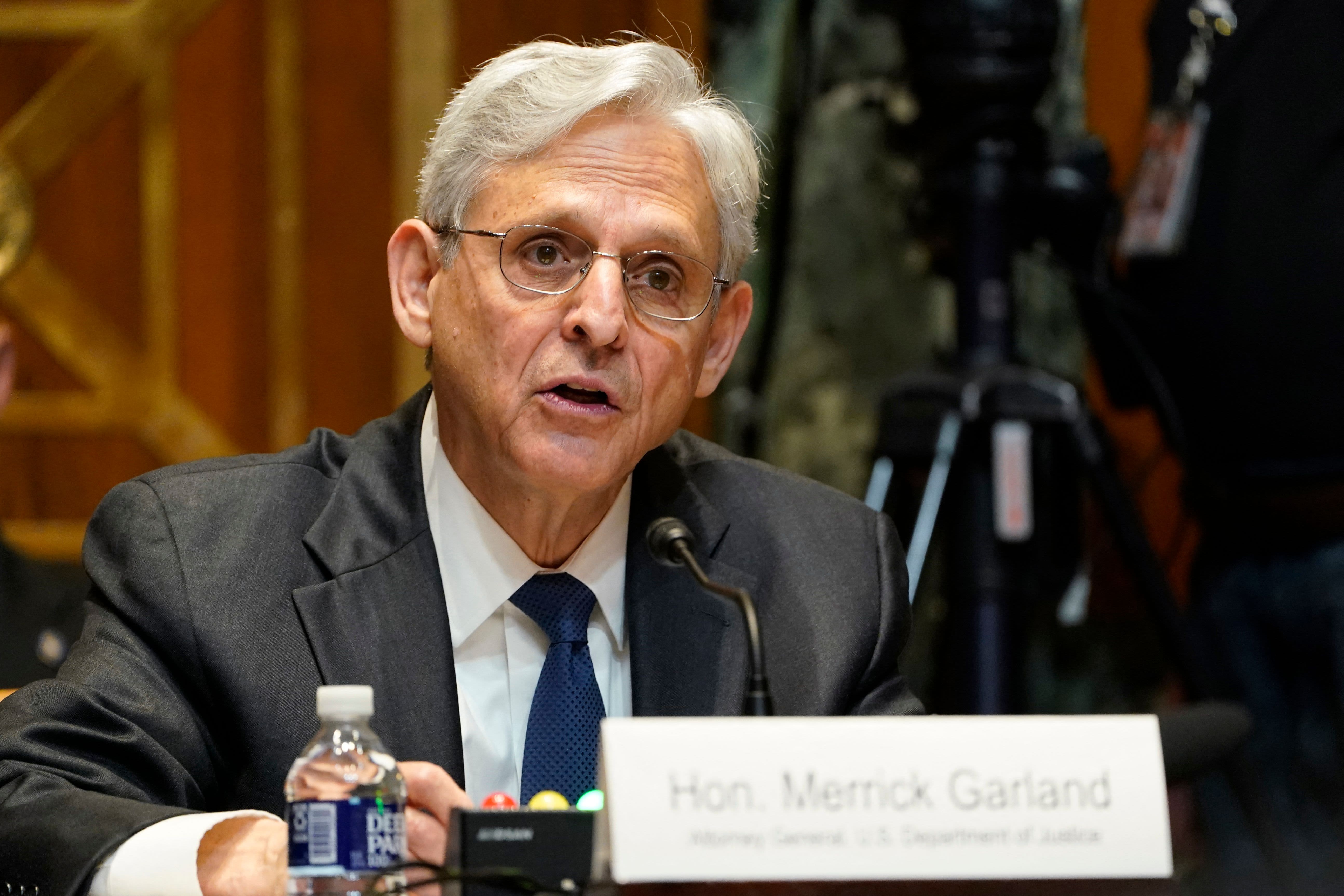






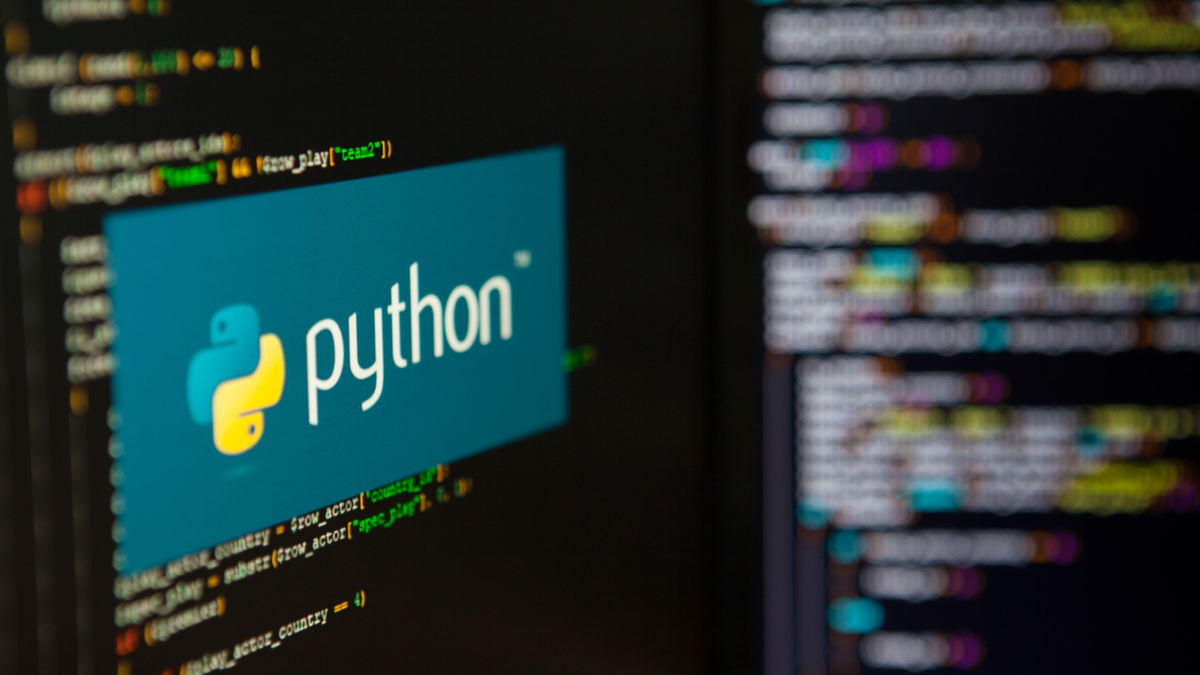
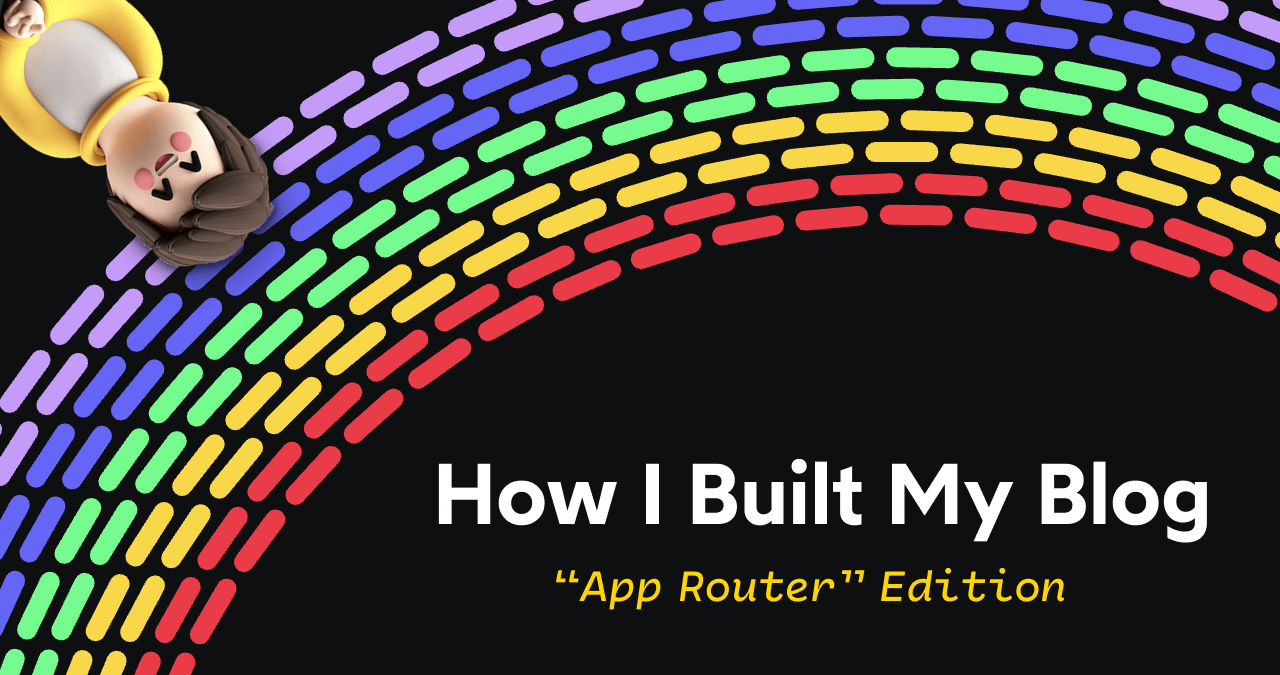
/cdn.vox-cdn.com/uploads/chorus_asset/file/25638933/NYTI_2584_2160x1080_EVE_IntelligenceSquared_homepage_ListingWebImage_DN.jpg)

/cdn.vox-cdn.com/uploads/chorus_asset/file/25638184/PLP_TILE1_JONY_IVE_2409_desk.jpg)




